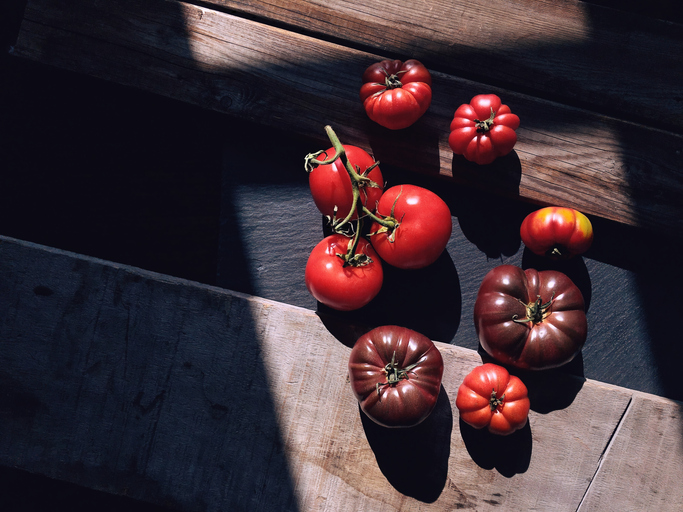Their total value is hard to pin down, but peanuts clearly aren't "just peanuts" in Georgia. One University of Georgia economist figures peanuts add $1.1 billion to the economy in direct income, related jobs and other jobs, services and economic activity.
What will happen to those dollars if federal peanut programs dry up?
"There are all kinds of debate about where (peanut) prices could go if the programs are discontinued," said Don Shurley, an economist with the UGA College of Agricultural and Environmental Sciences.
"With the fluctuation of peanut prices, we're sure we'll see a lot of effect on the economy," Shurley said. "But until it happens, no one can predict the dollar effect on the state."
In 1997, peanuts were the second-largest cash crop on Georgia farms, totaling $361 million in farmer income. Only cotton provided more economic punch to the state.
Shurley said scrapping the peanut program would almost certainly lower peanut prices to farmers. Some peanut production, he said, could leave the state.
"Assuming the quota system and price supports disappeared, crop prices could drop about 20 percent," he said. "That could reduce farm income from peanuts by $60 million and have a $180 million effect on the economy."
Farm land values and local tax bases would be hard-hit, too, he said. The quota system, he explained, is tied to the farm where the peanuts are grown. "Loss of the quota allotment could mean a $400 million decline in land values," he said.
But with recent consumption increases, the situation looks a bit brighter for Georgia farmers. U.S. consumption increased in 1996 for the first time in five years.
Americans ate 7.5 percent more peanut butter, Shurley said. Peanut butter accounts for about half of all peanut use. That's especially good news for Georgia farmers. Their crop is more than 95 percent Runner varieties - the kinds that make the best peanut butter.
Farmers are looking for another 3 percent increase in their quota for the 1998 growing season, Shurley said. The quota rose by 3 percent last year, too.
"Each 1 percent increase in quota and consumption raises farm income in Georgia by $3 million and has a $9 million economic impact on the state," Shurley said.
Georgia farmers grow about 41 percent of all U.S. quota peanuts. The available U.S. quota this year totals 1.17 million tons. The state's farmers expect to grow 479,700 tons of those peanuts.






